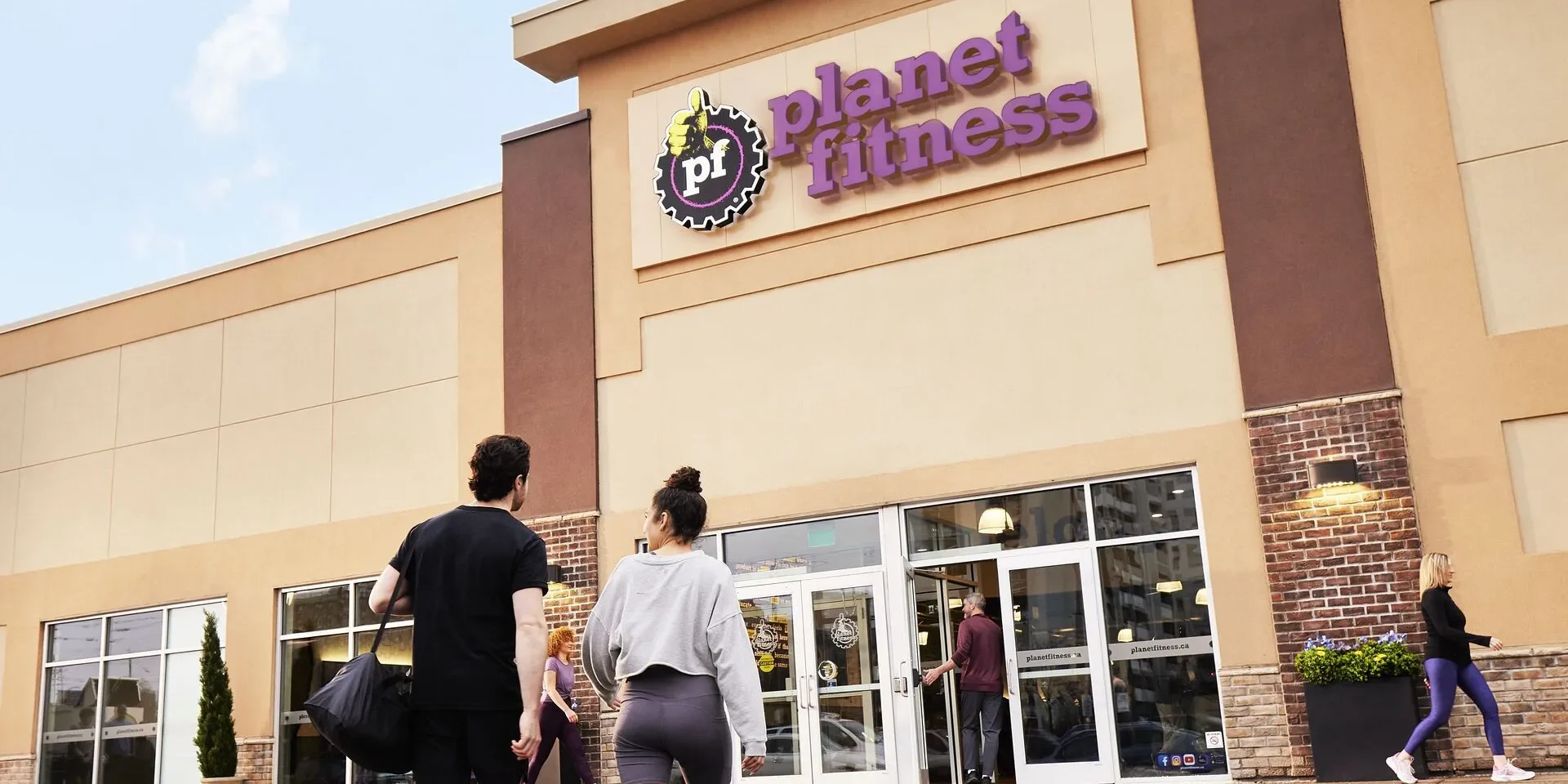Travel
Amazon is sure to partner to conquer travel! | By

With its massive traffic, incredible insights into customer behaviour, and powerful consumer brand, Amazon has the potential to disrupt practically any market it chooses to attack. However, travel may be the exception given its unique double-sided natue. In addition to cost effectively finding customers (something with which Amazon should have had little problem, given its existing customer base to who travel products could easily and effectively be cross sold), to be successful a travel intermediary must also assure cost effective access to sufficient and suitable inventory to meet customer demand, with “full” coverage of the market a key success factor.
With travel, the killer product is hotel rooms. In contrast to, for example, air where distributers only make a few dollars per transaction, with hotels their take can be over 20% of transaction value. The challenge for a new entrant is that securing access to hotel inventory is not an easy task. Firstly, due to the fragmented nature of the hotel sector, sourcing and contracting supply is a time consuming, labour intensive, and therefore expensive process. This contrasts sharply with Amazon’s existing product lines, where suppliers basically beat a path to Amazon’s door, competing with each other to be distributed through the retail giant. Having to work to find inventory substantially changes the business model, lumbering it with costs and dedicated infrastructure that Amazon doesn’t need. Secondly, it’s questionable as to whether hoteliers want to sign up with the online giant. Many are already scared of online intermediaries and are trying to reduce, not increase, dependence on third party online business. Thus, unless Amazon presented them with a highly attractive selling proposition, few would be sufficiently motivated to sign up, limiting Amazon’s ability to service their customers with appropriate accommodation products.
Thus, if Amazon truly believes in the potential of the travel sector, it will need to attack it in an alternative manner. Historically Amazon has entered several different retail segments (e.g. gardening, toys) by partnering with one of the established players, thus insuring the key issue of access to appropriate inventory. For travel, and in particular for the high margin hotel product, the easiest way to do this would be to strike up a white label deal with one of the major OTAs, allowing Amazon to leverage its brand and customer knowledge without the messy business of having to manage the back end. In addition, its scale and potential volume would allow it to negotiate a higher-than-normal revenue share, so while it would not be benefiting from the full juicy margin typically associated with selling hotel rooms, it could still access a substantial proportion without any of the costs or hassles involved in attacking the market directly.









